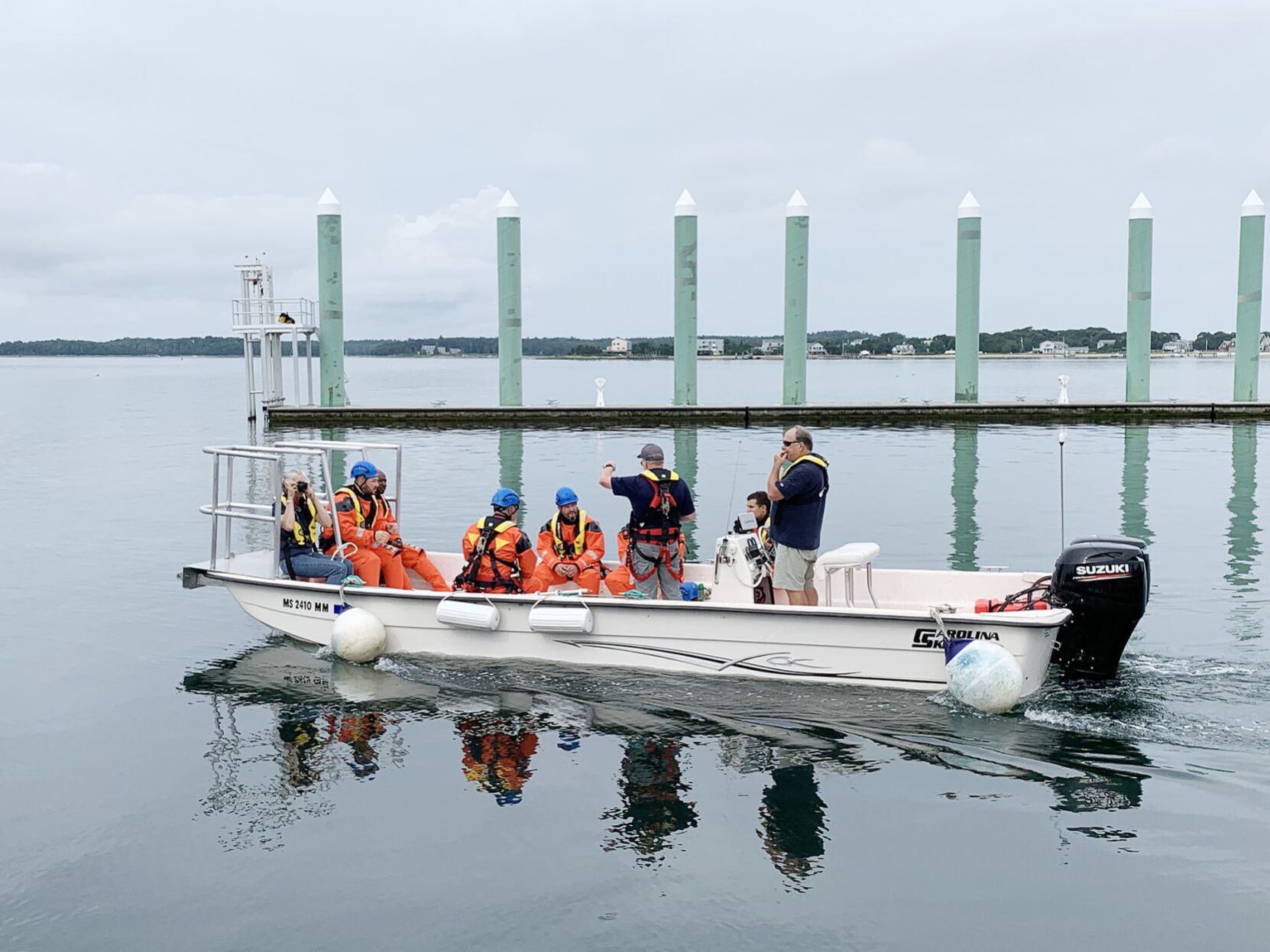

Our job at the Maine Maritime Academy is to help our students become successful here so that they can be successful in their careers and hopefully in their lives. In my experience, these students are focused and driven to succeed.

Maine maritime academy vspd license#
Of all the public institutions of higher learning in the State of Maine, we have the highest persistence rate, the highest retention rate, the highest graduation rate and our average GPA of current seniors who will receive an unlimited license in marine engineering is 3.21. Of our principal marine license track graduates over the past three years, less than one third joined a union.Īnd finally, the experience with unmotivated students the individual refers to does not reflect the experience at Maine Maritime Academy. He also implies that all graduates of these academies enter a union however, Maine Maritime Academy’s placement data refutes that statement. Indeed, there are a number of union members who achieve their merchant mariners licenses through the so-called “hawse pipe” via which a mariner works his or her way up through the ranks based on time at sea and the development of the necessary skills required by the United States Coast Guard. His comments about the union are also incorrect as there is no union requirement that I’m aware of stipulating that a member must be a graduate of a maritime academy. Essentially the merchant marine is no more or less regulated than virtually all other industries in which graduates from the other colleges ranked highly by the Brookings Institute pursue their careers. His comments about the Jones Act are particularly misleading as cabotage laws of this nature have been used by countries around the globe for hundreds of years. But this federal academy, as you point out, is much different from Maine Maritime Academy, which is a state institution, attendance at which requires students to pay tuition, unlike their Kings Point counterparts. The reader’s view is unfortunate and contrary to my view of Kings Point and its cadets, which in my experience, is a great college with wonderful students. Here it is, with a few explanatory notes inserted: Brennan, in fuller response to the reader’s letter.

Today I got a note from the president of the Maine Maritime Academy, William J. It would be like saying that medical schools didn’t really raise their graduates’ earnings, since under a different medical system doctors wouldn’t be paid as much. Merchant shipping is a perilous activity - as it happens, five MMA alumni were among the 33 people lost recently on the El Faro - and if the earnings are “unnaturally” high, that’s not MMA’s fault. I answered on the first, main point by saying: that’s not really a rap against Maine Maritime. Merchant Marine Academy, he thought the students were mediocre and under-motivated. Second, he said that when he was teaching at the U.S. First, he said the high earnings were an artifact of unusual legal protections for the merchant-marine industry (summed up as “the Jones Act”), which sheltered it from world competition. A reader wrote in to dissent, on two points. Last week Maine Maritime was honored (again) as a leading “value added” institution, raising its graduates’ earnings. Here's the back story: In our American Futures reports from Down East Maine, my wife Deb and I wrote about the (obvious) importance of the seacoast in the region’s past and future, and John Tierney wrote specifically about the achievements of the Maine Maritime Academy in Castine.


 0 kommentar(er)
0 kommentar(er)
